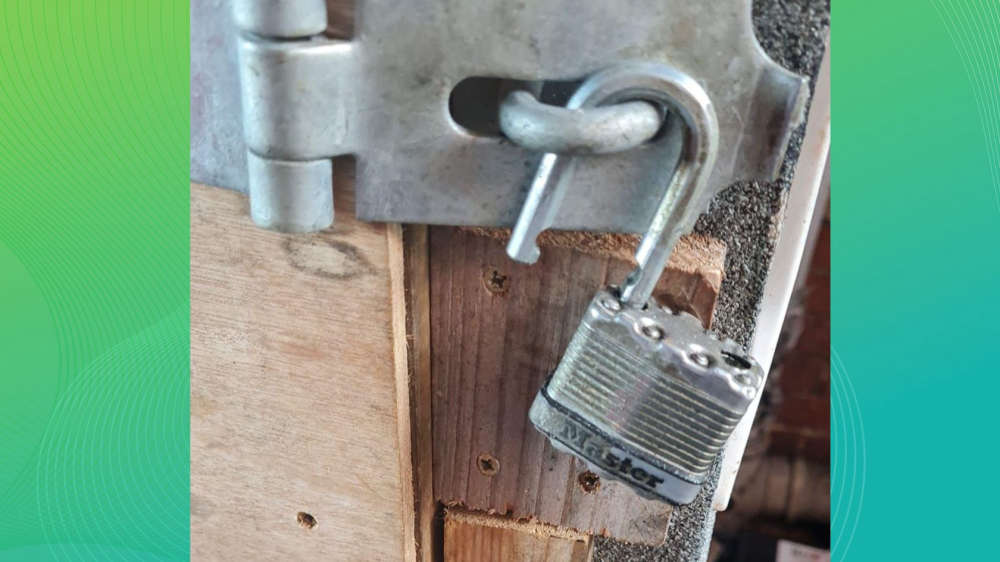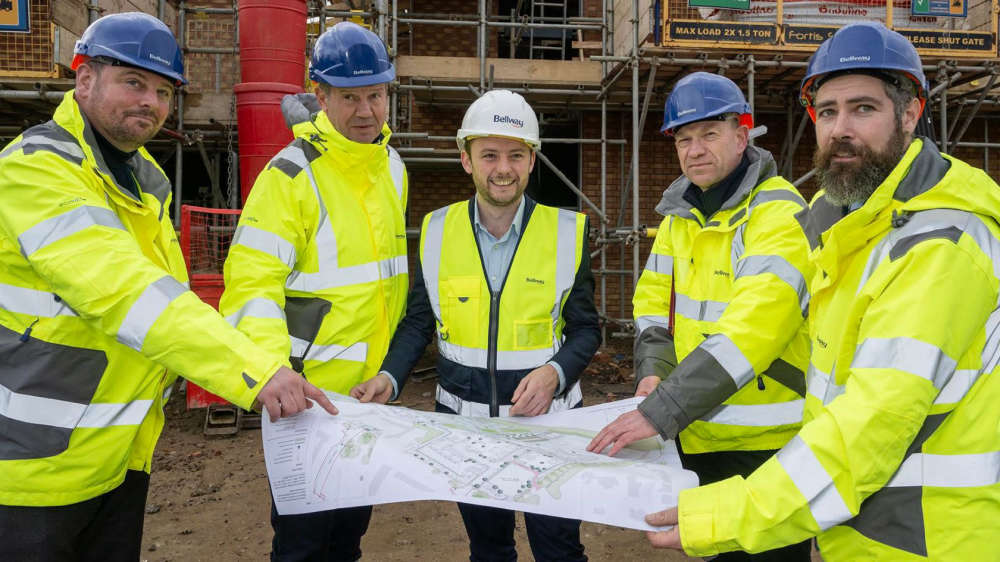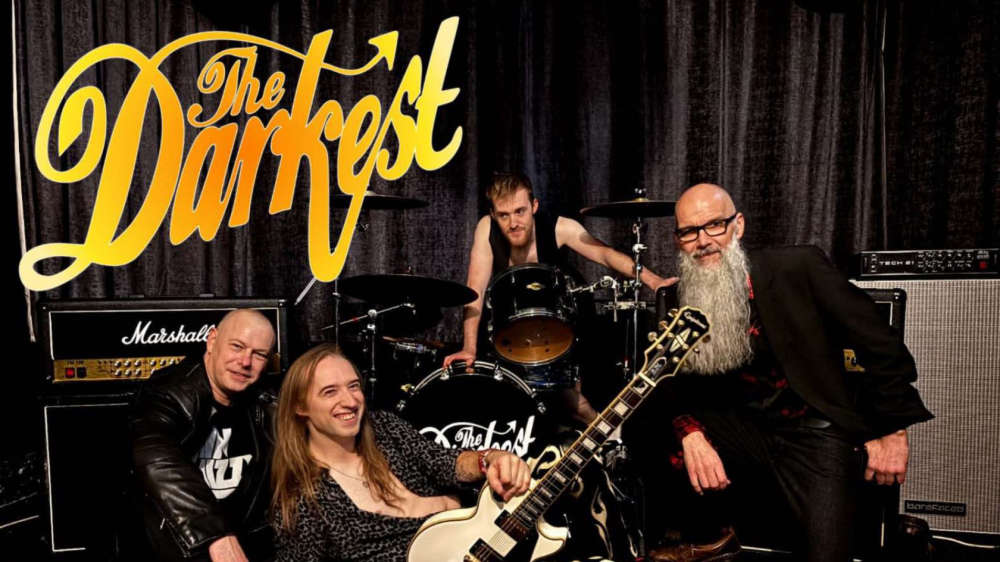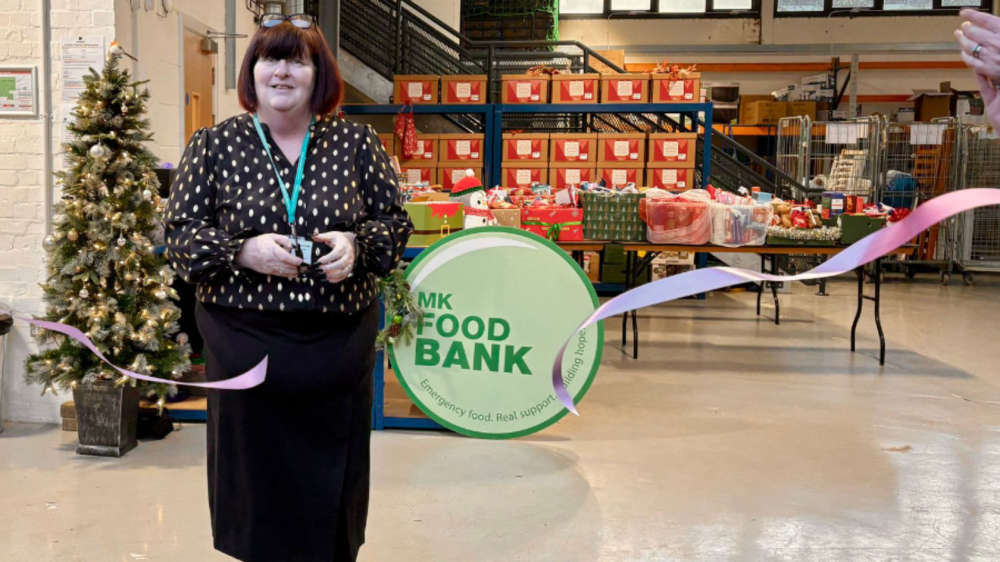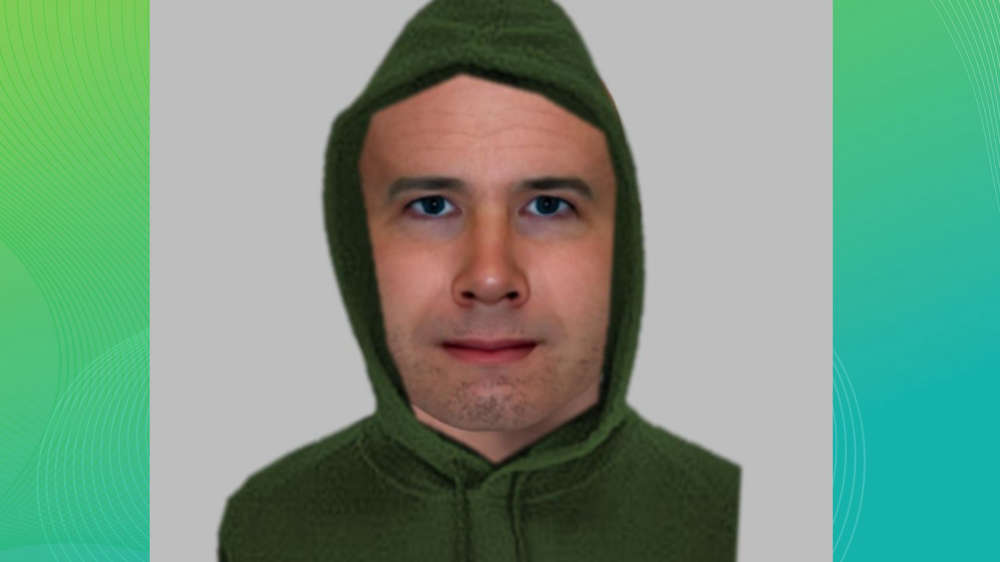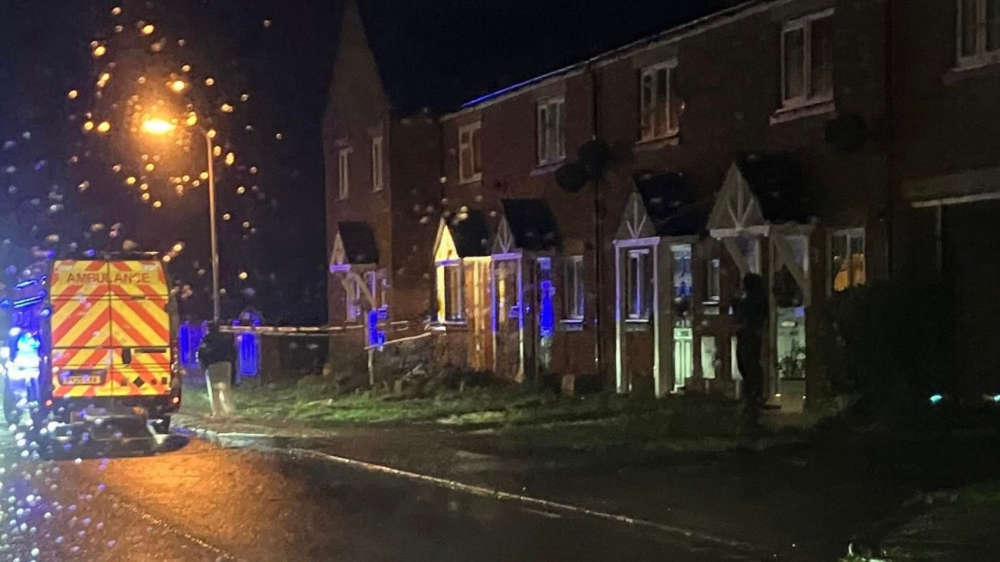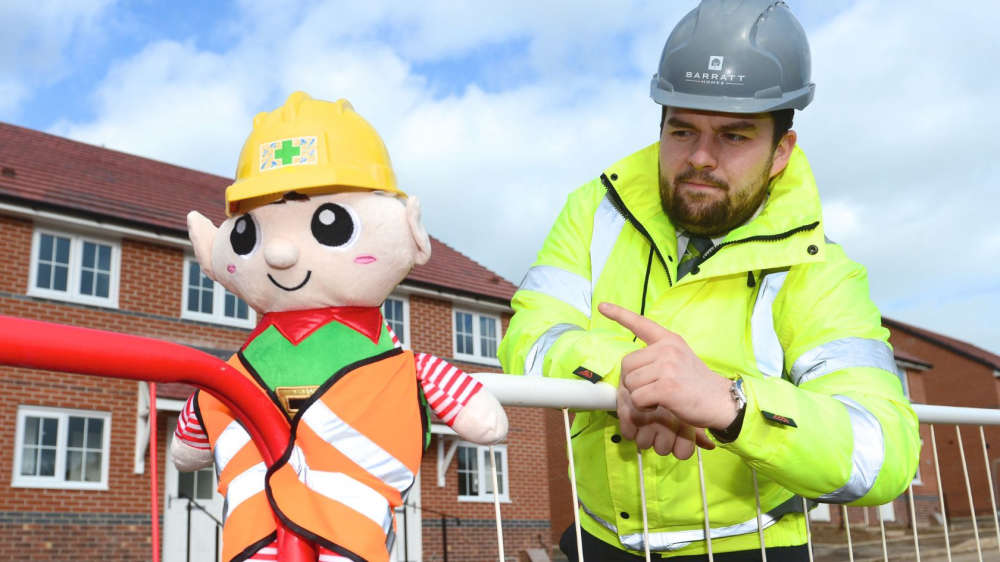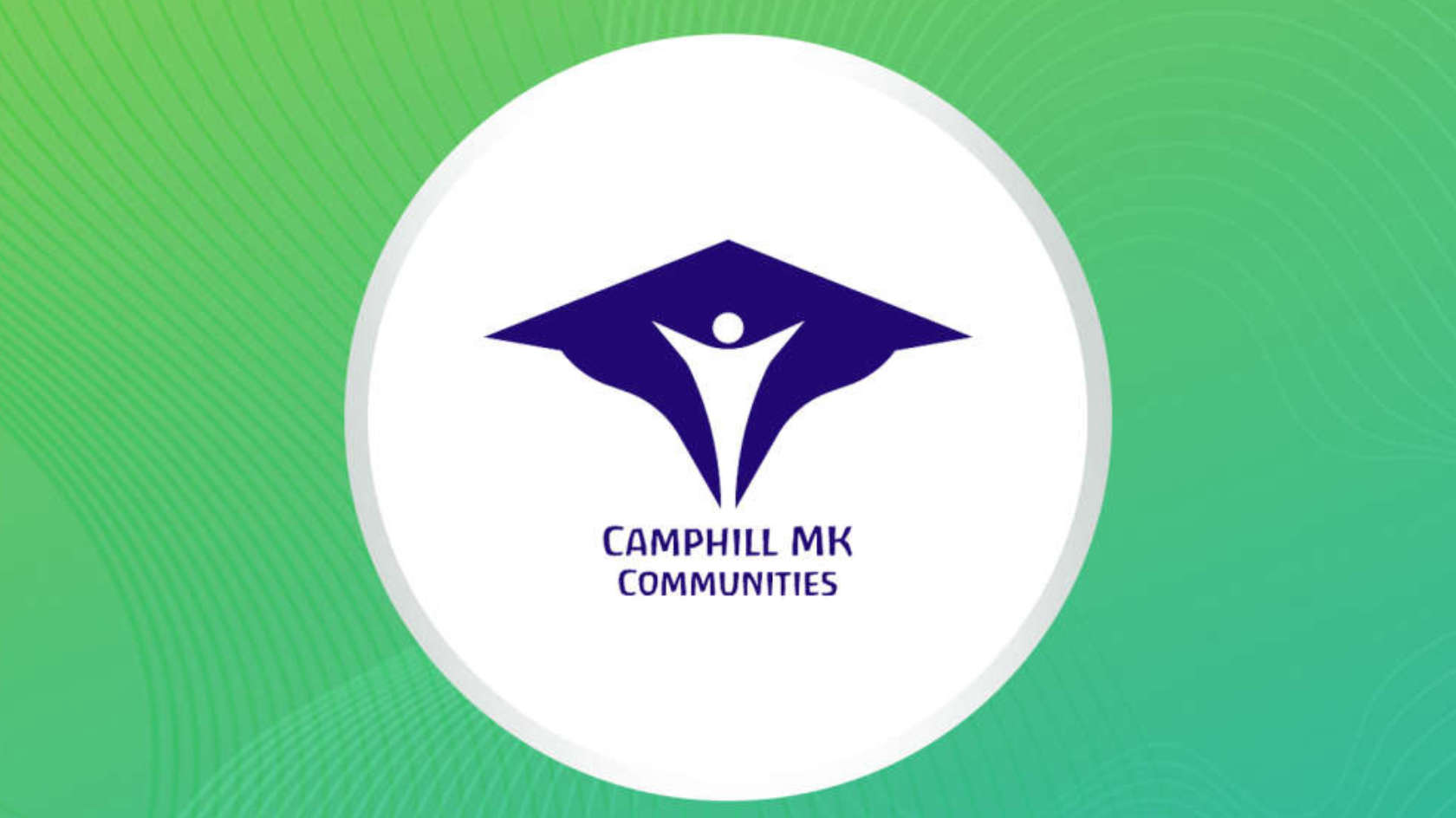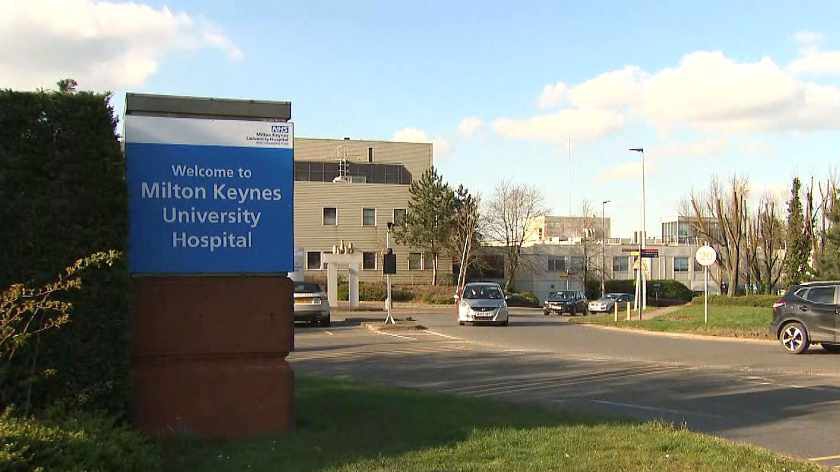
Hospital bosses are planning to return to more normal levels of activity after they passed a peak of the coronavirus pandemic last month.
Hospital bosses are planning to return to more normal levels of activity after they passed a peak of the coronavirus pandemic last month.
A meeting heard that the covid-19 outbreak peaked at Milton Keynes University Hospital in the middle of April and the number of cases and deaths there has been declining ever since.
Reporting to a board meeting, hospital chief executive Professor Joe Harrison said the “numbers are coming down”.
He told the board, at a meeting recorded on Thursday and made live on Monday, that the hospital has “coped remarkably well, and staff have done a fantastic job keeping all of our patients safe, as well as themselves and their families.”
100 coronavirus patients have sadly died at the hospital since a patient died there on March 9, becoming the UK’s second victim of the pandemic.
But no members of staff have been involved in that tragic toll.
Of those on the hospital front line, 10 members of staff have been admitted, with three needing intensive care.
The meeting was told that one member of staff remained as an inpatient.
Prof Harrison said that a hospital recovery plan has been submitted to regional NHS chiefs in the East of England.
They are looking at re-starting activities that were put on hold to enable staff to concentrate on the covid-19 crisis.
“Our critical care activity has declined significantly and is down to what would best be described as normal levels,” said Prof Harrison.
He revealed that the hospital currently has 25-30 covid-19 patients and they are testing all emergency admissions for the virus.
Now attention is turning towards opening up and restarting services for planned and elective surgery.
“We’re looking at how to open up our elective work,” said Prof Harrison.
The hospital is looking at how it can work within social distancing rules.
Hospital chiefs told the meeting that they have set up a network to help black and ethnic minority (BAME) staff express their concerns.
A national report published recently revealed that the death rate among the BAME community is twice the rate of white people.
The board was told that they have held a call involving 100 BAME members of staff who were able to express their concerns.
“Staff are sharing their views and worries with us,” said Danielle Petch, the hospital director of workforce.
She said this was important as it allowed their concerns, including those of a senor consultant, to be aired and addressed.
Professor Harrison also thanked “Milton Keynes as a place” and revealed that the hospital has seen a “huge increase” in charitable donations.
This included money and “treats and goodies” to help staff on the front line keep going.


